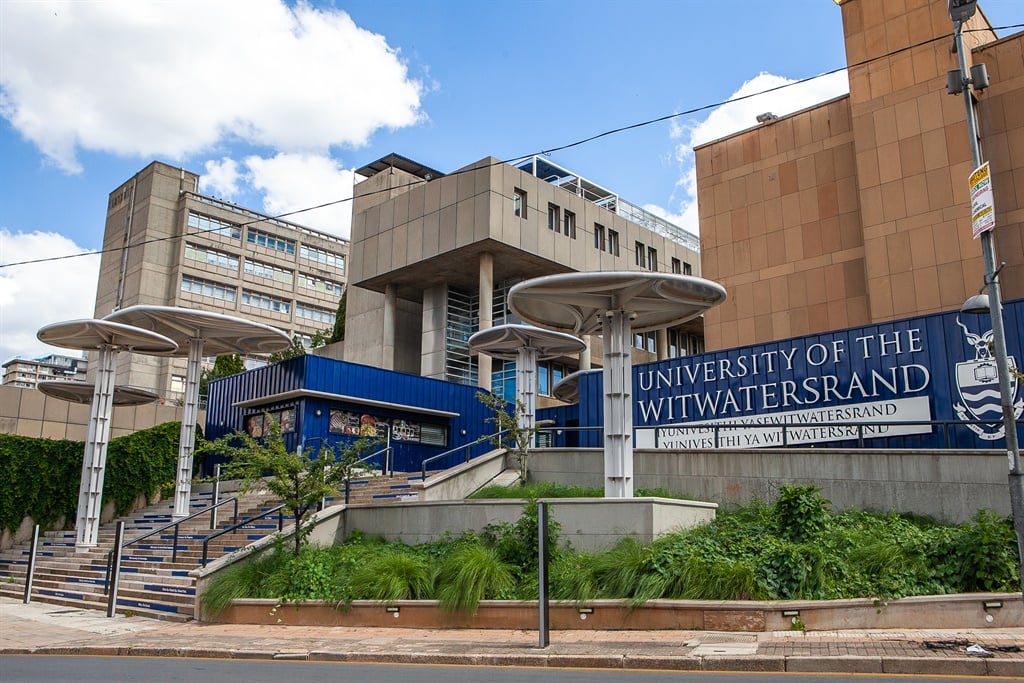By Johanthan Paoli
The Portfolio Committee on Higher Education has chastised the University of the Witwatersrand for what it describes as a concerning lack of student engagement in addressing challenges.
Following the appearance of management, and worker and student representatives before the committee on Wednesday, chairperson Tebogo Letsie stressed that students were the primary stakeholders of universities.
Therefore, management structures should be readily open to consultation, especially at the start of the academic year.
“Regular meetings with students are crucial in minimising problems. While policies might appear progressive on paper, they become obstacles to progress if not developed through proper consultation with all stakeholders,” Letsie said.
The committee criticised reports from the university’s Student Representative Council (SRC) which claimed that students had no choice but to sleep wherever they could find shelter due to accommodation unavailability at the institution.
It further called into question the university’s policy of forcing students to settle a portion of their debts before registration, in addition to the high cost of student accommodation accredited by the university.
In light of this, the committee called for a closer inspection of the Higher Education Act, noting that the department has allowed universities to operate outside of the provisions of the legislation, leading to non-compliance with the set terms for senior administrators.
The department welcomed the call for a review of the Act, stating that it remained problematic that universities could determine different statutes not in line with the legislation, including extending the term of office for vice chancellors.
Furthermore, the committee reprehended the National Student Financial Aid Scheme (NSFAS) for its marked absence during critical meetings where their responses to challenges were required.
“We have requested NSFAS to review their systems to ensure that no students have been defunded incorrectly and to implement corrective measures where necessary. No university can survive without the state’s intervention through NSFAS,” Letsie said.
The committee called on the university to get things back on track and make concessions to allow students to register despite outstanding debt.
Acknowledging the practical realities, they posited that upon obtaining their qualification, chances of the institution in recouping those funds would increase.
The committee welcomed the commitment made by Higher Education and Training Minister Minister Nobuhle Nkabane in visiting the institution, accompanied by the NSFAS team to engage with students regarding challenges and concerns.
Meanwhile, during the presentation to the committee, a demonstration took place on the main campus in Johannesburg, followed by the interruption of two classes.
About 60 individuals, who were largely calling for all students to be registered, blocked Yale road and were asked to leave.
Inside Education reached out to the university, with spokesperson Shirona Patel confirming that the meeting this week between the SRC and the University Vice-Chancellor Zeblon Vilakazi had proved productive.
“The meeting went well – they have now raised R9 million for the SRC Fund which will be disbursed to students together with funding from the Hardship Fund,” Patel said.
Acknowledging reports of an increase in nationwide protests, she said that things however appeared peaceful and undisruptive.
“We are hearing rumours of protests in solidarity with UCT and Stellenbosch, but all remains quiet for now,” the spokesperson said.
Following a five-day hunger strike, the university confirmed that it had removed the two postgraduate students from the SRC boardroom due to their status as being unregistered.
Patel described tone of them as an SRC member from approximately 10 years ago who was demanding postgraduate funding as well as another mature male student who was also demanding to study further.
INSIDE EDUCATION







